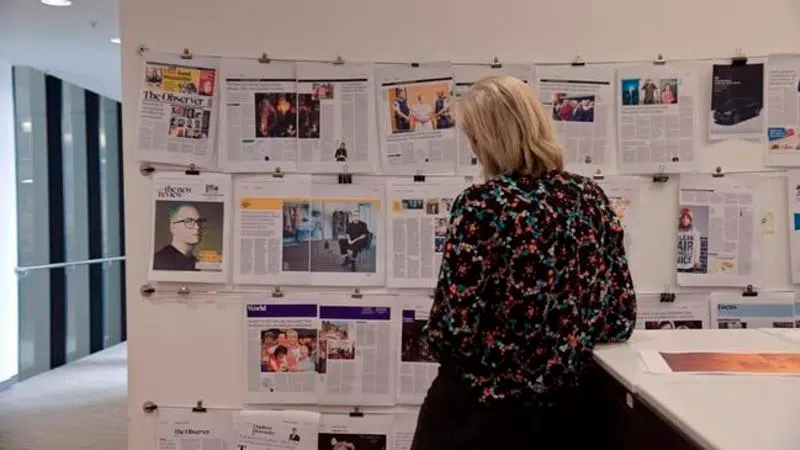
Review: ‘The Great Hack’ explores the dark side of big data
Thinking about finally getting off of Facebook? “The Great Hack ,” a new documentary on Netflix, might just be the push you were looking for. At the very least, you’ll probably never take another online personality test. It’s meant to scare and influence you, and probably even for good reason — although it is a little ironic that the entire film is about how our personal data is being manipulated and turned into fearmongering tactics.
Directed by Karim Amer and Jehane Noujaim, “The Great Hack” dives into the Cambridge Analytica scandal and why it matters. By relying mostly on news reports, many by journalist Carole Cadwalladr, and public testimony, the film might not be all that revelatory for anyone who followed the story and watched Mark Zuckerberg’s congressional testimony, however.
But you do get to spend a significant time with the former Cambridge Analytica insider-turned-whistleblower Brittany Kaiser, a young woman who was central in drawing up contracts with the Trump campaign and the right hand to the charismatic CEO Alexander Nix. She has since decided that she wants to regain a moral compass and speak to authorities — and this documentary crew — about what she knows and how her old colleagues are lying about their involvement in Brexit and other elections and what they’ve done with all the data they claimed to have deleted.
“The Great Hack” starts out with so much promise as David Carroll, an associate professor at Parsons, starts to question where all this data that we all very willingly share is going. The narration is a little sentimental and dreamy.


